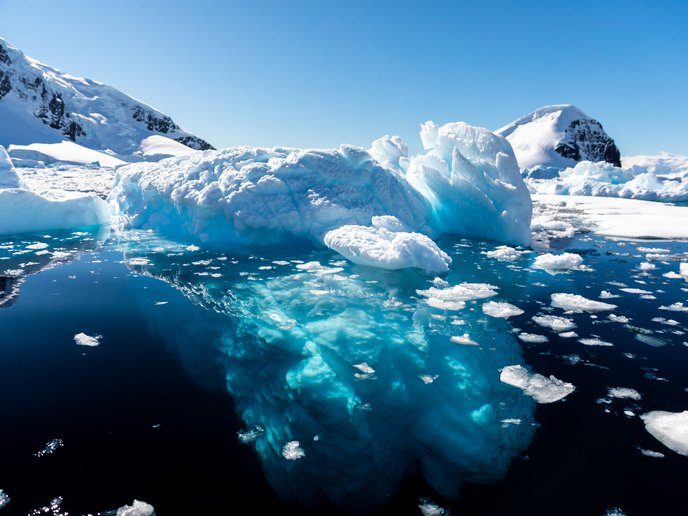Research reveals how heat and carbon uptake in the Southern Ocean affect our climate
Over the past six decades, the simultaneous uptake of heat and CO2 by the Southern Ocean has been instrumental in moderating the rate of global warming. The gap in knowledge regarding the underlying oceanic processes arises from a lack of observations in this extreme environment and inherent difficulties in capturing the intermittent processes across various scales in current Earth system models. The EU-funded SO-CHIC(opens in new window) project was established to further understand and quantify the variability of heat and carbon budgets in the Southern Ocean. “We investigated key physical processes that control exchanges between the atmosphere, ocean and sea ice by combining various observational and modelling approaches,” notes project coordinator Jean-Baptiste Sallee.
Exploring the impact of tiny and short-lived processes
Fine-scale (1-10 km) and transient (days to weeks) processes challenge understanding of how the Southern Ocean moves heat, carbon and other important elements from its surface down to its depths. These processes occur in the mixed layer – a part of the ocean where different water properties combine together. The layer characteristics, such as depth and buoyancy, are key to understanding how these elements move up and down in the ocean. “We showed that local and transient processes such as storm-induced turbulence, or mesoscale and sub-mesoscale processes developing in the open ocean or at the sea-ice edge might be instrumental in tracer transfer across the base of the mixed layer,” explains Sallee. Efforts are ongoing to better comprehend the net effect of these small-scale processes on large-scale Southern Ocean circulation and their impact on climate.
Assessing what causes polynyas to open
Around Maud Rise – an submarine mountain located in the eastern Weddell Sea – anomalous water masses and cross-frontal fluxes can create favourable conditions for the formation of an open-ocean polynya(opens in new window). The latter provides a direct link between the surface and deep ocean. Such a cross-frontal flux is beneficial for Maud Rise because large-scale, horizontal water movement helps divide different water bodies around the edges of this plateau. The strength of this circulation evolves seasonally and is strongly controlled by winds and slightly by sea-ice coverage. Sea-ice, in turn, plays a crucial role in forming dense water on the Antarctic shelf, which is then transformed by interacting with ice shelves and warmer waters. The dense shelf waters are exported off the Weddell shelf mainly through canyons and are linked with the import of warmer deep water.
Investigating the processes controlling bottom waters
“Carbon and heat can enter the Southern Ocean through the formation, export and consumption of bottom waters. The bottom waters from the Weddell Sea are consumed by abyssal mixing processes, which control the overall water circulation in the deep ocean. New findings show that large ocean regions are not connected with this global water movement,” explains Sallee. Upper ocean processes, polynya events and bottom water formation and consumption combine to ventilate the Southern Ocean. This ventilation allows to propagate climate change signals at depth, which modify the Southern Ocean thermohaline structure. These changes are unequivocal when looking at multi-decadal repeated observations of the Southern Ocean. SO-CHIC has not only generated and spread new knowledge but also helped ensure its practical application beyond the project itself. The project impact has featured in the Intergovernmental Panel on Climate Change sixth assessment cycle, through its reports and involvement in high-level policy events.



